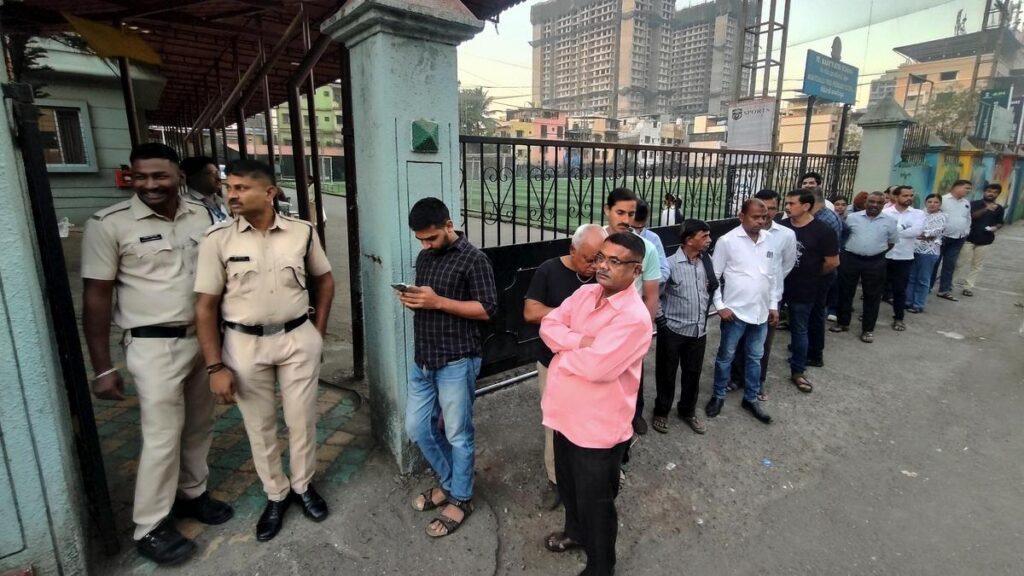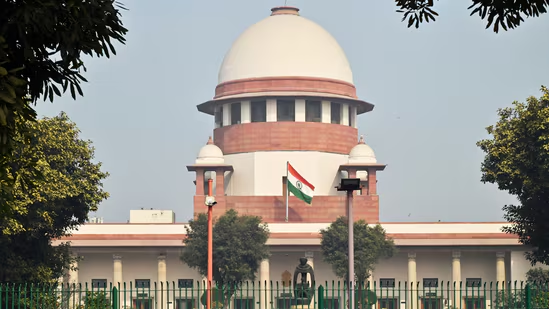Now Reading: Congress Cites Chola Empire to Question Modi Govt’s China-Pakistan Strategy
-
01
Congress Cites Chola Empire to Question Modi Govt’s China-Pakistan Strategy
Congress Cites Chola Empire to Question Modi Govt’s China-Pakistan Strategy

The Congress party has taken an unusual historical route to question Prime Minister Narendra Modi’s handling of India’s relations with China and Pakistan. Drawing a comparison with the Chola dynasty, Congress leaders have pointed out that even centuries ago, rulers had more effective intelligence systems—suggesting that today’s government has fallen short in that regard.
This remark has sparked yet another round of political sparring on national security and foreign policy.
What Was the Chola Reference?
The Chola empire, known for its extensive naval strength and intelligence network, was used as a benchmark by Congress to criticise the Modi government’s perceived lapses. They claimed that the Cholas, ruling more than a thousand years ago, never suffered intelligence failures of the kind that allowed repeated border violations and terror incidents from neighbouring nations.
While symbolic, the reference aimed to underscore a deeper concern: whether India is adequately prepared to handle the evolving threats posed by China and Pakistan.
Ongoing Concerns at the Borders
Tensions with China remain a sensitive issue, especially after the 2020 Galwan clash. Despite multiple military talks, disengagement has not fully resolved all friction points along the LAC. Meanwhile, Pakistan continues to be linked with attempts to push infiltrators and arms across the border into Jammu and Kashmir.
The Congress has questioned the government’s silence or cautious language on such issues, arguing that it affects both India’s image abroad and the morale of citizens at home.
The Foreign Policy Debate
Critics within the opposition feel India’s current foreign policy lacks assertiveness. They argue that strong rhetoric within the country doesn’t match the diplomatic posture taken in bilateral talks. On the other hand, the BJP maintains that its approach is calibrated, strategic, and in India’s long-term interest.
The heart of the debate lies in perception: should the government be more vocal and visibly firm, or is a quieter, behind-the-scenes approach more effective?
Tier 2 Cities Watching Closely
In places like Indore, Nagpur, Surat, and Patna, where national security discussions often feel distant, debates like these influence how younger voters view the Centre’s leadership. Many aspirants preparing for government exams or armed forces careers pay attention to these developments, as foreign policy increasingly intersects with domestic issues.
Local veterans’ groups and think tanks in these cities have also begun engaging more with these topics through seminars and online forums.
Conclusion
By invoking the Chola empire, the Congress has added a historical twist to a modern geopolitical critique. Whether one agrees or not with the analogy, it puts the spotlight back on how India prepares, communicates, and positions itself on its most volatile frontiers. As tensions remain unresolved, both the government and the opposition will likely keep foreign policy firmly in public debate—reaching not just Delhi, but also every Tier 2 city where global issues now feel personal.

























